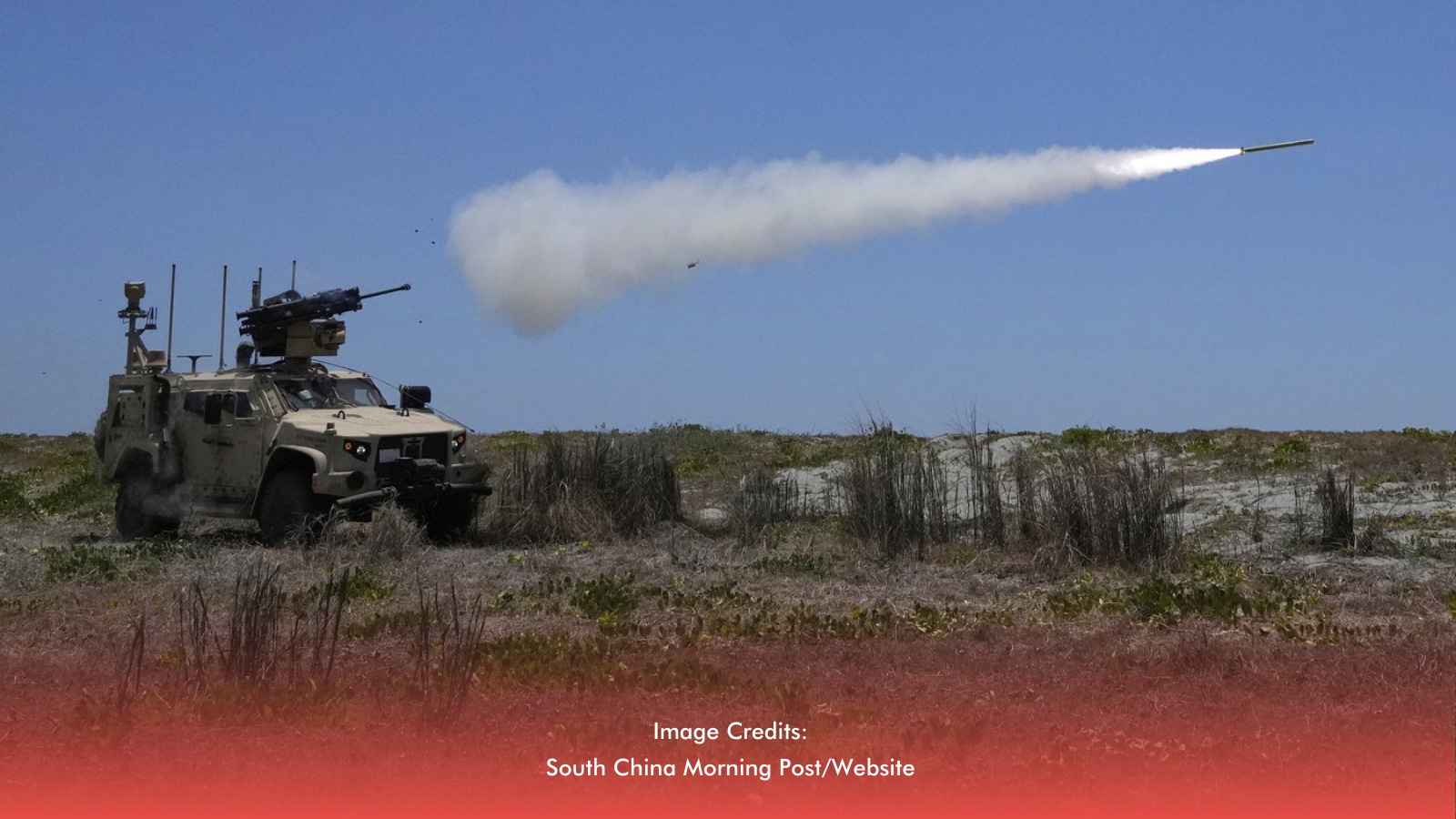Plans are being discussed for the Philippines to host more U.S. missile systems and defense equipment as part of ongoing military cooperation between Manila and Washington. The move is aimed at boosting deterrence against external threats while strengthening the Armed Forces of the Philippines (AFP) through training and joint exercises.
Philippine Ambassador to the United States Jose Manuel Romualdez confirmed that talks are underway, noting that deployment could begin as early as this year. He emphasized that beyond missiles, additional military equipment for intelligence and defense is also being considered as part of the country’s strategy with its longtime ally.
RELATED: [U.S. Pledges $60M Aid To PH]
Training and Defense Strategy
According to Romualdez, the initiative builds on recent exercises such as Balikatan, where Filipino troops trained alongside U.S. forces using the Typhon and Navy-Marine Expeditionary Ship Interdiction System (NMESIS) missile launchers. He explained that exposure to these systems will better prepare Filipino soldiers to operate advanced defense technologies.
“We’re not only talking about missile systems but, more importantly, other types of equipment that we’ll be able to use for our defense, part of our defense strategy, and at the same time part of our alliance with the United States,” Romualdez said.
He added that future deployments may also cover intelligence-related equipment and other tools designed to enhance the Philippines’ ability to respond to security challenges. Romualdez stressed that these efforts are part of the decades-long Mutual Defense Treaty between the two nations.
Alliance and Regional Tensions
Romualdez cited past statements from U.S. officials, noting that the joint defense posture is based on the principle of deterrence.
“Well, definitely, as the U.S. Defense Secretary Pete Hegseth said when he came to Manila last March, peace through deterrence is the exact wording that was used not only by Secretary Hegseth but even in the White House itself,” Romualdez explained.
The ambassador also acknowledged that China is expected to respond negatively, as it did when U.S. missile systems were deployed during the Salaknib and Balikatan exercises in April 2024. Beijing has argued that the systems threaten stability in the Indo-Pacific, while Manila has stood firm against demands to withdraw them.
President Ferdinand Marcos Jr. earlier rejected China’s calls for removal of the launchers, underscoring the Philippines’ right to bolster its defenses. As discussions move forward, the expanded U.S. missile presence highlights Manila’s balancing act—strengthening its alliance with Washington while managing heightened tensions in the West Philippine Sea.
RELATED: [EDCA Sites In PH And Its Strategic Risks]








